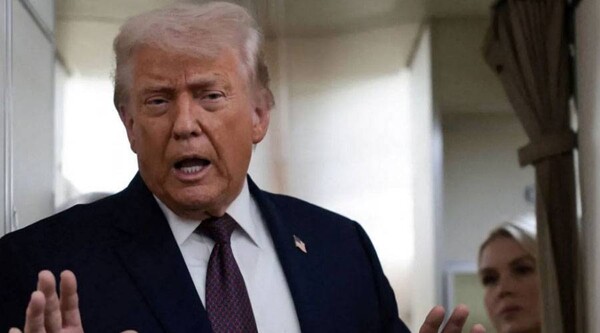President Donald Trump's decision to cut international funding has put millions of people in Africa at risk who depended on this aid to receive medications and treatments for HIV. This has led to the closure of clinics on the continent and an anticipated increase in infections and possibly deaths from AIDS.
The United States contributed up to $4.2 billion in 2023 for PEPFAR (The Presidential Emergency Plan for AIDS Relief), which covered more than 20 million people worldwide, including 2.4 million in Mozambique, 1.3 million in Tanzania, and 516 clinics in Ivory Coast that served 85% of the HIV-positive population.
Much of this funding was allocated to Africa, a continent that remains the most affected by HIV, with 25.6 million cases and 380,000 deaths per year, according to the WHO. The director for Eastern Africa of UNAIDS, Anne Githuku-Shongwe, mentioned that the situation created by Trump's abrupt decision has left countries like Tanzania, Zambia, Malawi, Kenya, and Uganda insecure, where more than 60% of the AIDS response was funded by the U.S.
Salim Abdool Karim, director of Caprisa in South Africa, described this measure as concerning and regrettable, noting that the abrupt interruption of funding was intended to demonstrate U.S. supremacy. UNAIDS indicated that in Tanzania, 1.4 million people depend on antiretrovirals funded by the U.S., and with the suspension of aid, the distribution of medications and diagnostic testing has ceased in several African countries.
In South Africa, the country with the most HIV cases on the continent, many clinics that offered treatments, tests, and prophylaxis have closed, leaving patients without access to necessary medications. The lack of funding could result in a significant increase in new infections and deaths from HIV in the coming years.
In this scenario, African governments are forced to prioritize the national budget for HIV or to seek other international donors to fill the void left by the United States. In countries like the DRC, Mozambique, Tanzania, and Zambia, total dependency on international donors for HIV programs poses an uncertain future for the care of those living with HIV in those places.














